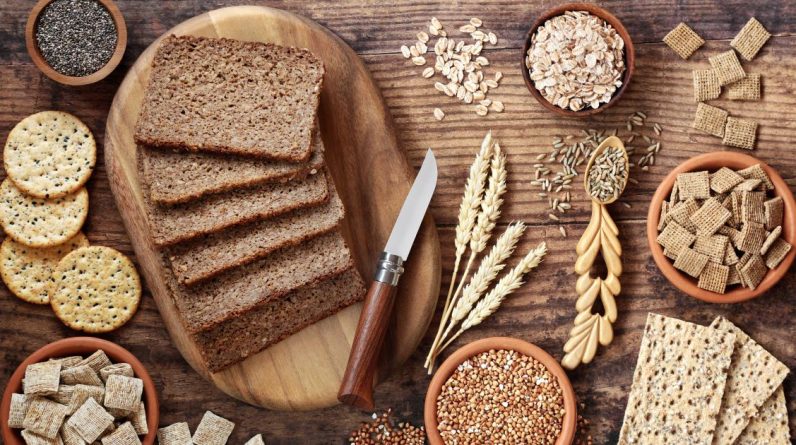
A recent study conducted by Tufts University has identified refined carbohydrates, such as white pasta, as a major contributing factor to the global increase in Type 2 diabetes. According to CNN, the study indicates that poor food choices, including the consumption of refined carbohydrates, were linked to around 70% of Type 2 diabetes cases worldwide in 2018. The study, which analyzed 11 dietary factors, also found that red meat, processed meat, and refined carbohydrates had a significant impact on the rise of diabetes diagnoses. The New York Post reports that the research suggests that as many as 14 million diabetes cases may be associated with refined carbohydrates.
What are refined carbohydrates?
Refined carbohydrates are divided into two groups: simple carbohydrates and sugars. Examples of refined carbohydrates include white bread, white rice, and table sugar. They are quickly digested, causing a spike in blood sugar levels due to their high glycemic index. However, they do not provide long-lasting energy and are generally lower in minerals and vitamins than other types of carbohydrates, as reported by Medical News Today.
What are complex carbohydrates?
Complex carbohydrates refer to sugar molecules that are present in long chains, found in foods such as whole grains and beans. Unlike refined carbohydrates, they provide sustained energy and are also rich in vitamins, minerals, and fiber, which are essential for maintaining good health. According to Medline Plus, it is recommended that the majority of carbohydrates in one’s diet should come from complex carbohydrates and naturally occurring sugars, instead of processed or refined sugars that lack the essential nutrients found in complex carbohydrates.
What are some simple swaps you can make?
To consume less refined carbohydrates, you can make simple substitutions that increase the consumption of whole grains. Real Simple recommends checking food labels for added sugar, even in items that may appear healthy. In order to avoid refined carbohydrates, look for ingredients such as refined white flour, sucrose, and other similar additives. Here are some tips to incorporate whole grains into your diet:
- Switch from white pasta to whole wheat pasta.
- Check the tomato sauce label and choose a brand without added sugar.
- Substitute white rice with brown rice.
- Watch out for drinks with added sugar, and instead opt for herbal tea or dilute juice with water.
- Swap white bread for whole wheat or whole grain bread.
- Consume more protein-rich snacks and breakfasts instead of carb-heavy ones.
- Eat fewer starchy vegetables like corn and potatoes, and increase your intake of fiber-rich veggies like spinach and broccoli.
- Experiment with different types of flour, such as almond flour, whole wheat flour, or coconut flour. Here are some meal ideas that incorporate whole grains:
- Quinoa salad with cucumber, chickpeas, tomatoes, feta, and spinach.
- Balsamic chicken with cooked spinach and mashed cauliflower.
- Grilled cheese on whole wheat bread with a garden salad.
- Ground beef with brown rice, black beans, bell peppers, onions, and lettuce.
- Bell peppers stuffed with ground lamb and brown rice.
- Lentil soup with vegetable broth, carrots, onions, celery, and spinach.
- Whole wheat pasta with mozzarella, basil, tomatoes, and pesto.
- Salmon with broccoli and baked sweet potato.






